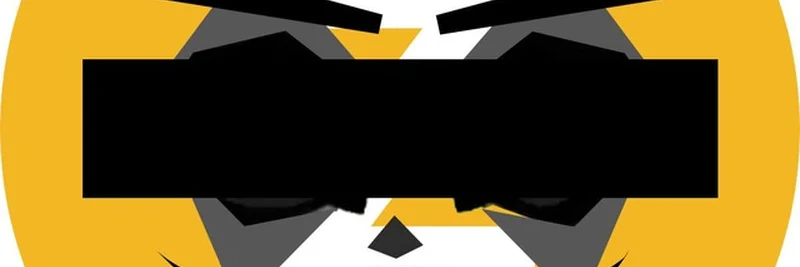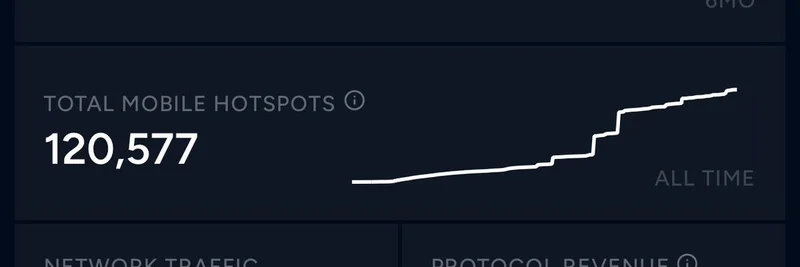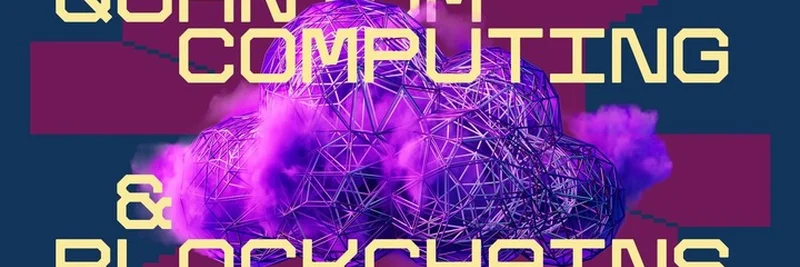In the fast-paced world of crypto, where privacy coins like Zcash and Monero battle for supremacy, a recent thread from Helius Labs CEO Mert has stirred up quite the discussion. Posted on X (formerly Twitter), Mert warns us to "be wary of sociology majors making technical arguments," using a clever analogy to defend Zcash's optional privacy features. He compares criticizing Zcash for allowing unshielded transactions to saying "F1 cars are not fast because sometimes the driver doesn't press on the gas." And he caps it off with a nod to "zetardio," which seems to be a playful jab or tie-in to an emerging Solana-based meme token.
Breaking Down the Privacy Argument
Mert dives deep into what makes privacy tick in blockchain tech. Privacy isn't just about hiding transactions; it's about minimizing information leakage. He breaks it down into three key properties:
Cryptography: This is the tech backbone. Zcash uses zero-knowledge (ZK) proofs, which are state-of-the-art for keeping data truly secret. Unlike decoy systems that rely on ring signatures—like those in Monero—ZK doesn't just confuse trackers; it makes the data invisible from the start. Ring signatures mix transactions to obscure origins, but they're probabilistic and can potentially be traced with enough analysis. ZK proofs, on the other hand, mathematically prove something without revealing the underlying info.
Anonymity Set: Think of this as the crowd you're hiding in. A larger, growing shielded pool in Zcash means better anonymity because more transactions blend together. Interestingly, allowing transparent (unshielded) transactions acts as a "trojan horse." It lowers the barrier for new users to enter the ecosystem, encouraging them to shield their transactions later, which in turn grows the anonymity set even more.
User Behavior: Here's where Mert concedes a point. Optional privacy can lead to user errors if folks forget to shield their transactions. But he points out this is mainly a user experience (UX) issue. Wallets like Zashi solve this by making shielding seamless, and adoption stats show the shielded pool skyrocketing as a result.
Mert emphasizes that while Monero mandates privacy (which reduces user error), Zcash's approach is technically superior in math and scalability. He even gives props to Monero for exploring upgrades like Full-Chain Membership Proofs (FCMP++), but sticks to the facts: Zcash edges out in raw privacy strength.
The Zetardio Meme Connection
Tying into the thread is "zetardio," which appears to be a Solana meme token launched on platforms like pump.fun. With the contract address DgjD6fHG3xjahpavHLhVszvsVQHnZjx6PtqFtMLmpump, it's gaining traction amid privacy discussions. The token's logo—a quirky, censored face on a yellow background—captures the essence of anonymity with a meme twist.
This meme token seems to riff on Zcash's privacy debates, perhaps poking fun at critics or celebrating the coin's features in a lighthearted way. In the replies to Mert's thread, users are already shilling $zetardio, blending serious tech talk with the wild world of meme coins. It's a perfect example of how crypto communities mix education, humor, and speculation.
Why This Matters for Meme Token Enthusiasts
For those diving into meme tokens on chains like Solana, understanding underlying tech like privacy can give you an edge. Zetardio isn't just a joke—it's riding the wave of real discussions around privacy coins. As blockchain evolves, projects that leverage strong privacy features could see massive adoption, especially with growing regulatory scrutiny on transparent chains.
If you're building or trading in the meme space, keep an eye on how tech leaders like Mert bridge the gap between serious infrastructure (like Helius Labs' Solana RPCs and APIs) and fun, viral tokens. It's all about that balance: strong fundamentals wrapped in community-driven hype.
Whether you're a Zcash holder, a Monero maximalist, or just here for the memes, this thread reminds us that optional privacy isn't a flaw—it's a feature that could onboard the masses to true anonymity. What do you think— is Zcash the F1 car of privacy coins? Drop your takes in the comments!



